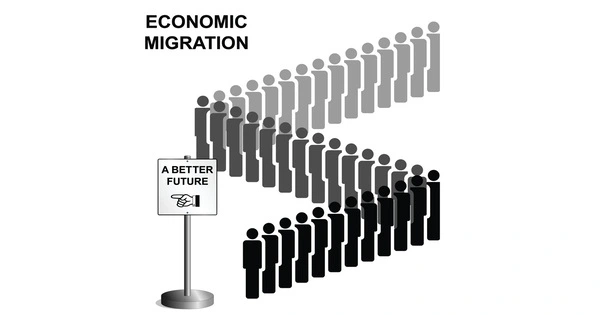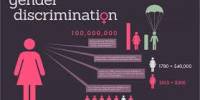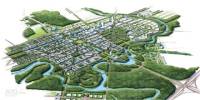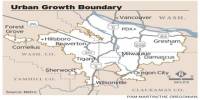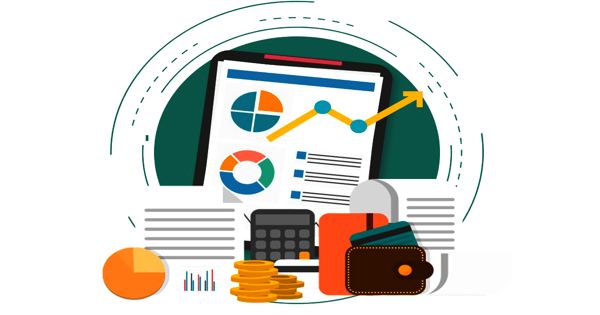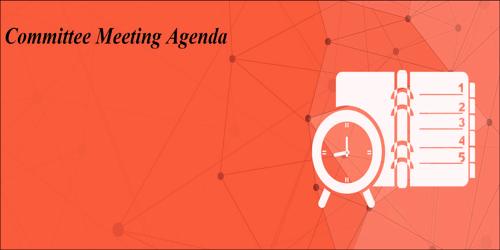An economic migrant is someone who emigrates from one region to another, including crossing international borders, in search of a better standard of living because the migrant’s own region’s conditions or job opportunities are insufficient. It is a person who moves from one country or region to another voluntarily in search of better economic opportunities and a higher standard of living. The term “migrant worker” is used by the United Nations. Economic migrants are motivated by a desire to improve their financial situation and frequently leave their home countries as a result of factors such as unemployment, low wages, a lack of job opportunities, or economic insecurity.
Economic migrants, as opposed to refugees, who flee their home countries due to persecution, violence, or other serious threats to their safety and well-being, are primarily motivated by the prospect of improving their economic prospects. They may be looking for better pay, better working conditions, access to education and healthcare, or the opportunity to provide a better future for their families.
Although the terms economic migrant and refugee are sometimes used interchangeably, economic migrants leave their home countries primarily because of harsh economic conditions, rather than fear of persecution on the basis of race, religion, nationality, political opinion, or membership in a specific social group. Economic migrants are generally not eligible for asylum, unless the economic conditions they face are severe enough to have caused generalised violence, or seriously disturbed the public order.
Economic migration has been a major component of global migration patterns, with millions of people moving between countries each year in search of better economic opportunities. Economic migration has a complex impact, with both positive and negative consequences for the countries of origin and destination. In some cases, economic migrants contribute to the labor force and economic growth of the host country, whereas in others, they may face discrimination, exploitation, or social integration challenges.
It is critical to recognize that economic migration is governed by different immigration laws and regulations in different countries. Many countries have specific visa categories or work permits that govern economic migrants’ entry and stay, with some adopting more restrictive policies to control immigration levels.
